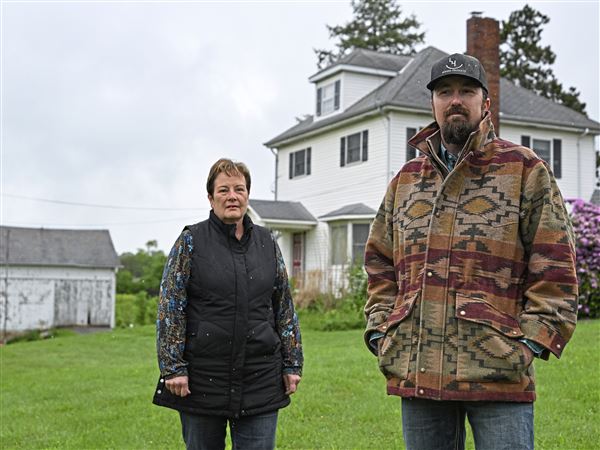We're off to a healthier new year! Before the end of 2012, the U.S. Environmental Protection Agency announced a long-overdue update to standards for particle pollution, also known as "soot."
The EPA cut permissible levels of soot pollution based on science and input from the medical community, both of which tell us soot pollution is very dangerous for human health. Soot is made up of the small particle pollution from diesel engines, power plants and other sources that can become deeply lodged in the lungs and trigger asthma, and heart attacks, stroke and even death.
The new soot standards are good news for the nearly 23,000 kids with asthma and 150,000 adults with chronic obstructive pulmonary disease in Allegheny County, not to mention the large number of other vulnerable individuals including senior citizens, people with low incomes, diabetics and also people with chronic respiratory and heart diseases. It's hard to find a family where at least one person is not at increased risk of premature death or other serious health complications from exposure to dirty air.
Cleaning up soot will drastically reduce the burden on our health care system by preventing thousands of asthma attacks, emergency room visits and hospital stays annually. In fact, the 2012 report "Sick of Soot," prepared by the American Lung Association, Clean Air Task Force and Earth Justice found that Pittsburgh is among the nation's 10 metropolitan areas that would benefit most from stronger particle pollution standards.
Reducing soot will save lives.
DEBORAH BROWN
President and CEO
American Lung Association of the Mid Atlantic
Camp Hill, Pa.
JOHN BURTON
CEO
Kindred Hospital
Oakdale
First Published: January 4, 2013, 5:00 a.m.















